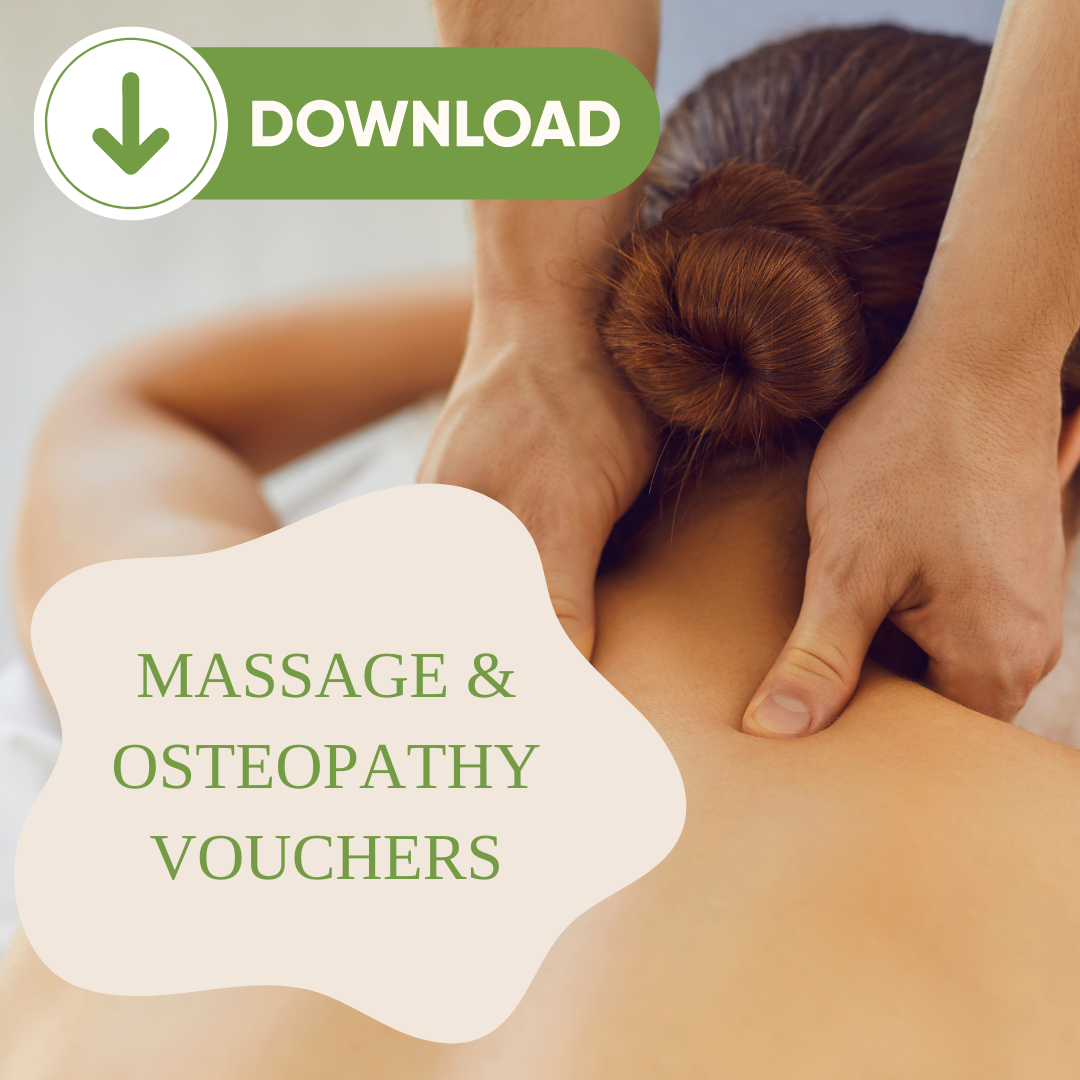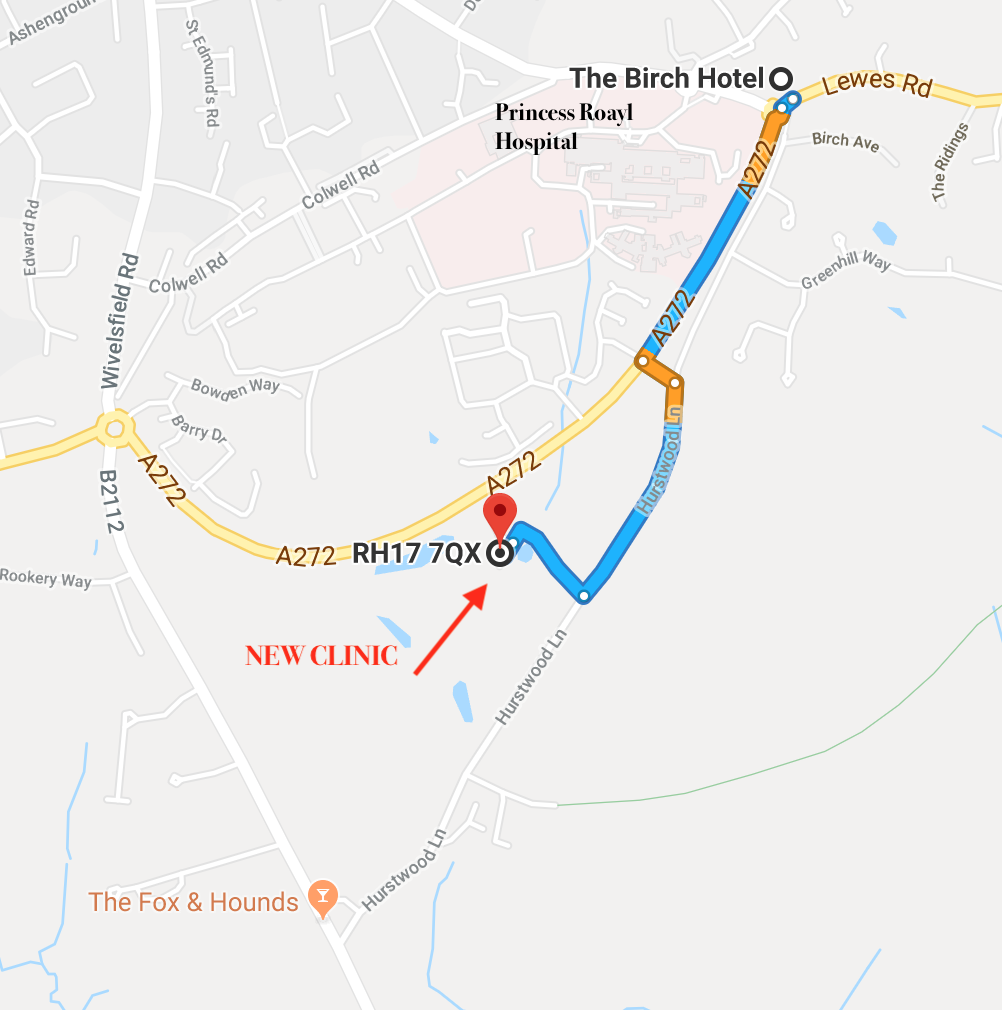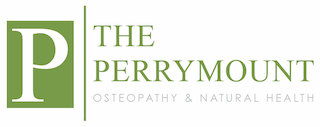Following on from last weeks newsletter on Polymyalgia Rheumatica (PMR) and how osteopathy, massage and laser therapy can help this week I have written more along the lines of nutrition and lifestyle approaches to autoimmune diseases, like PMR.
At The Perrymount we have a holistic approach available to our clients. Therefore a patient may have a physical treatment like osteopathy, massage, acupuncture or laser therapy and combine this with and a naturopathic nutrition approach to calm inflammation, balance the immune system, reduce stress, help the thyroid, increase detoxification, aid gut health, help sleep etc etc!
Adding all the natural approaches will make sure you can maximise your health in every way possible and so get the best results possible.
Harnessing the Power of Nutrition and Lifestyle to Tame Autoimmune Diseases
Introduction to auto-immune diseases
Autoimmune diseases occur when the body's immune system mistakenly attacks its own healthy cells and tissues. These conditions can affect various organs and systems, leading to chronic inflammation and a range of debilitating symptoms. Medical treatments mainly use strong medications to suppress the immune system or others to help pain which often have unwanted side effects.
Nutrition and lifestyle choices can significantly impact disease progression and improve overall well-being and importantly can be used alongside most medical interventions. In this blog, we will explore the connection between autoimmunity and nutrition, and how adopting a healthy lifestyle can help individuals living with these conditions lead a more fulfilling life.
The Gut-Immune Axis: Understanding the Connection
The gut plays a pivotal role in the immune system, hosting a vast array of beneficial bacteria and acting as the first line of defence against harmful pathogens. Studies have indicated that an imbalance in gut bacteria, known as dysbiosis, can trigger or exacerbate autoimmune responses. Maintaining a healthy gut is therefore crucial in managing autoimmune diseases. As Hippocrates said “All diseases begin int he gut”. It is very common to start a journey of calming auto-immune diseases by correcting gut function.
If you have chronic inflammation, chorine pain or an auto-immune disease and you have gut issues then it could be hugely beneficial to help your gut function. Christian Bates would use an Avatar scan to get deeply specific about how best to help. Read more here:
https://www.theperrymount.com/avatar.html
Anti-inflammatory Foods
Chronic inflammation is a hallmark of autoimmune diseases. Incorporating anti-inflammatory foods like fatty fish (salmon, mackerel), olive oil, nuts, and leafy greens can help reduce inflammation. These foods are rich in omega-3 fatty acids and antioxidants, which may mitigate the inflammatory response.
Identifying Food Triggers
Many autoimmune diseases are associated with food sensitivities. Individuals can keep a food journal to identify potential triggers and work with a healthcare professional to develop an elimination diet. Eliminating trigger foods may lead to a reduction in symptoms and improved quality of life.
We have an excellent price on an at home food allergy kit by York Test which has had great results with clients health. Look at this page to learn more:
https://www.theperrymount.com/blog/blog-post/?permalink=food-intolerance-test-200-foods-finger-prick
Stress Management
Stress can worsen autoimmune symptoms and trigger flares. The stress hormones like cortisol are extremely important for us but do have a detrimental affect if they stay chronically high. Cortisol can increase inflammation, unbalance hormones and disturb sleep as just a few examples. Engaging in stress-reducing activities like meditation, yoga, or spending time in nature can positively impact immune function and overall well-being.
Regular Exercise
Physical activity has numerous benefits for those with autoimmune diseases. It can help manage weight, improve cardiovascular health, and release endorphins that act as natural mood lifters. Low-impact exercises like walking, swimming, Pilates, Yoga and tai chi may be more appropriate for some people. Our osteopaths will be able to advise you what is best suited to you.
Sufficient Sleep
Adequate and quality sleep is essential for healing and immune function. Prioritise getting 7-9 hours of restful sleep each night to support the body's recovery and reduce inflammation.
Physical treatments
As mentioned last week we specialise in physical treatments at The Perrymount, particularly osteopathy and massage. Kate Nunn is specifically trained in chronic pain approaches and Christian Bates can help with nutritional and naturopathic approaches using the Avatar Biofeedback scan to help pinpoint issues.
Learn more about Kate and take our chronic pain quiz on this page:
https://www.theperrymount.com/chronic-pain/
If you have any questions at all please reply to this email. Thank you, we hope you have a great week.
Blog post | The Perrymount Clinic 01444 410944
Call to book or for more information 01444 410944

Help Autoimmune Disease with Nutrition


The Perrymount Clinic
Unit 5
Hurstwood Grange
Hurstwood Lane
Haywards Heath
West Sussex
RH17 7QX
01444 410944
info@theperrymount.com
